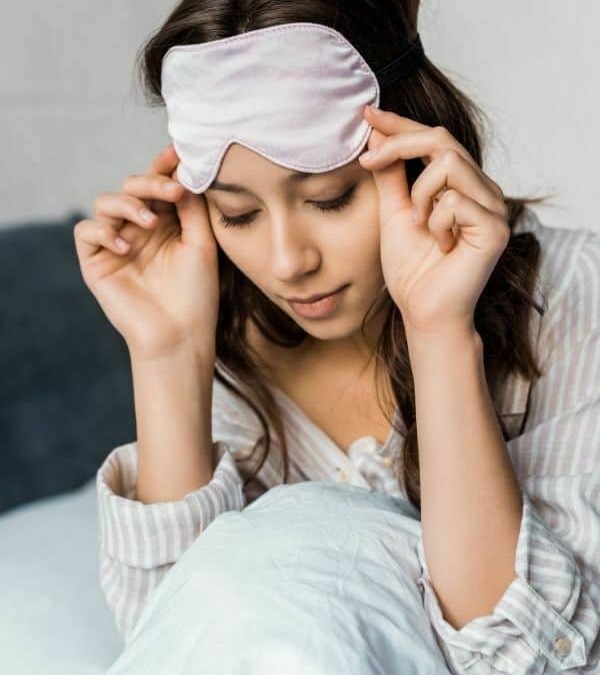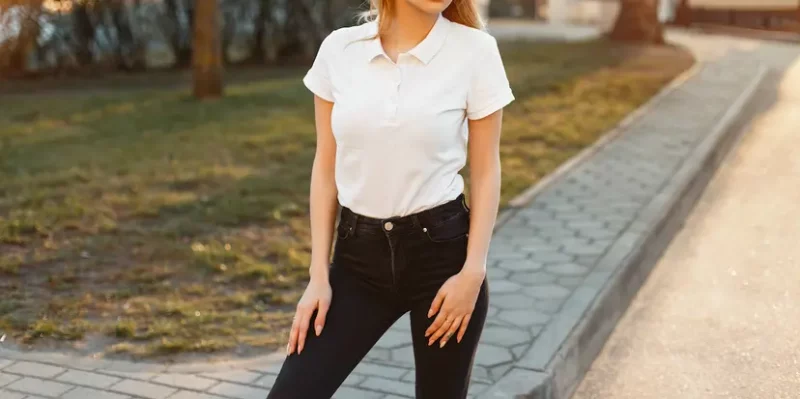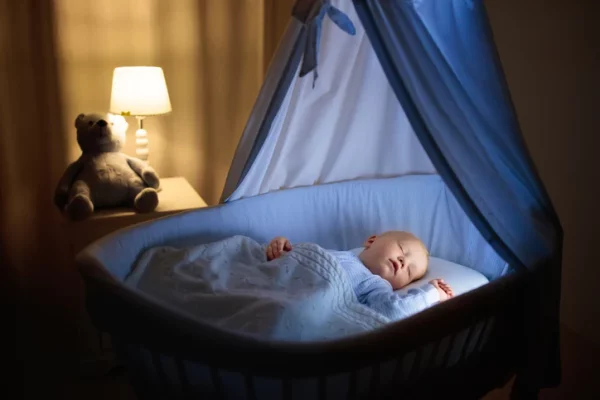
Ultraviolet Protection Factor 50+
October 19, 2022
Why I Use Bamboo Changing Pad Liners
October 25, 2022Bring, bring, BRIIIING.
That’s the noise of your alarm going off after another night of poor sleep. You’ve tried it all, from cutting caffeine to taking a hot bath before bed, but nothing seems to work.
Could a sleep mask — which is used to block out light — help you get the sleep you so desperately need? Let’s take a look.
Being exposed to light at bedtime can interrupt your body’s natural sleep cues.
This is because artificial light suppresses melatonin, the sleep-inducing hormone in the body, Not having enough melatonin can lead to sleep issues or disorders, like insomnia.
An eye mask can block out artificial light that can prevent you from falling asleep.
Eye masks can really help improve your overall quality of sleep, They can also provide a calming effect that may encourage you to nod off faster.
Another benefit of an eye mask is the soothing feeling on the face and eyes, The gentle pressure and soft material can be very relaxing for people and help trigger a calm feeling.”
In fact, a 2010 study showed that patients in an intensive care unit who were regularly distracted by light and noise were able to spend more time in REM sleep while wearing a sleep mask.
A 2013 study drew similar conclusions. Ten healthy sleepers underwent two polysomnography (PSG) sessions, one with the lights off and one with the lights on. During the lights-on session, the group experienced “shallow sleep and frequent arousals.”
A 2017 study noted that both sleep masks and ear plugs may have a positive effect on the subjective sleep quality of patients in an intensive care unit. Many other quality studies would be necessary to confirm this.
Blocking out light with a sleep mask may be beneficial, it comes down to personal preference. Luckily, there’s a lot of variety in the types of sleep masks available, so you’re likely to find one that suits your needs.
Not all sleep masks are created equal. There are plenty of different types available, each offering its own set of benefits.
These include:
Cloth Masks :
There are many types of cloth eye masks, from silk and cashmere to cotton, velvet, and even fleece.
“Cloth eye masks are versatile and can work for most people, Depending on the fabric you choose, they can have different benefits. For example, silk cloth masks are great if you have sensitive skin.”
Gel Masks :
If you’re a person who enjoys cold pressure, you might find a gel sleep mask helps you drift off. In order to sleep, your body temperature needs to drop, so if you have a cooling eye mask, then you will likely speed this process along, as long as it’s not freezing cold.
Cooling eye masks can help with:
- allergy symptoms
- itchy eyes
- puffiness
- dark circles
- irritation
- high temperatures
Weighted Masks :
In the same way that weighted blankets can be beneficial to helping people feel calm, weighted eye masks have the same effect. These masks typically have small beads inside that provide extra weight to create a heavy sensation.
Cushioned Masks :
A cushioned eye mask can feel comfier to wear and less restrictive. They also tend to fit the contour of your face better. Cushioned masks tend to be thicker too, and they’re able to fully block out the light.
Heated Masks :
Heated masks are generally relaxing, in the same way that a heated compress can be soothing for people
One of the medical reasons that people could use a heated mask is for dry eyes. Heat stimulates oil glands that produce tears and also help to trap moisture in the eyes, improving eye hydration.”




